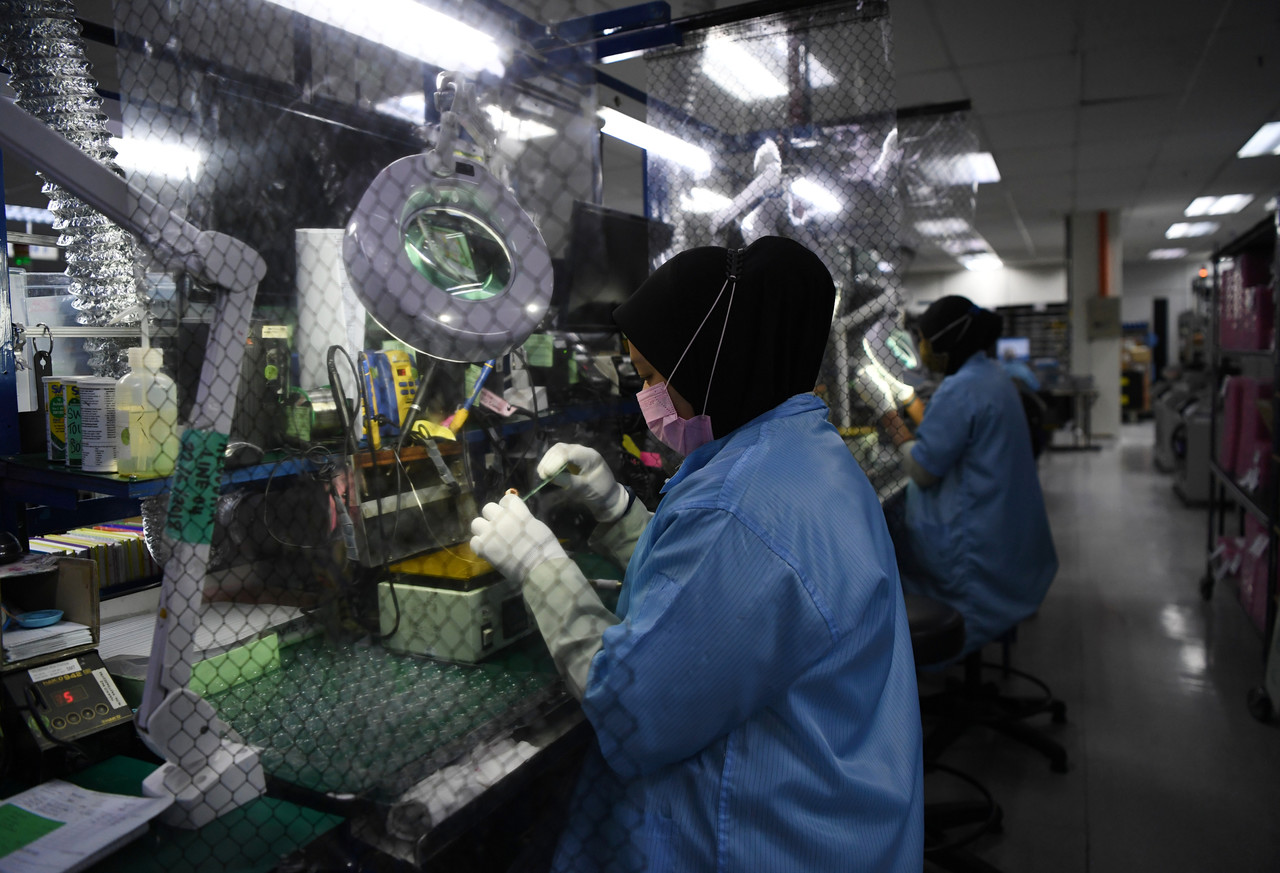Letter to Editor
THE Federation of Malaysian Manufacturers (FMM) views with deep concern the announcement by Human Resources Minister Datuk Seri M. Saravanan on the proposal to increase the minimum wages by 25% to RM1,500 from the current RM1,200.
In the current circumstances of the pandemic where business conditions remain fragile for many, it must be recognised that any increase in business cost for manufacturers would have a spiralling multiplier impact on the economy and derail business and economic recovery.
Adjustments to wages must be done progressively and considering multi-stakeholder impact.
Industries continue to face risks posed by the pandemic and the current Omicron variant that continues to impact global supply chains and logistic connectivity as well as other cost pressures due to rising commodity prices, energy prices, labour supply shortages, etc which could gravely derail business recovery efforts.
As such, the proposal to increase the minimum wages by 25% to RM1,500 would have an undesirable impact on the economy especially in the present circumstances as the wage adjustments would precipitate increases at higher wage levels as well.

Manufacturers are generally concerned about an immediate increase to RM1,500 but are receptive for a gradual increase under the current minimum wages review to a quantum to be decided by the National Wages Consultative Council (NWCC).
In this regard, it is critical for a tripartite discussion to be convened urgently to consider the announcement by the HR Minister and to ensure that the tripartite platform is further expanded to ensure greater representation and diverse views from key stakeholders of the various economic sectors, including FMM as the voice of the manufacturing sector.
We strongly feel that a more gradual increase in the wage rate would still be able to address the increase in the cost of living which we are all experiencing currently as a result of the pandemic and the supply disruptions that ensued.
In addition, employers have always maintained that any increase in the minimum wages must commensurate with productivity increases as any steep increases in wage costs could adversely affect the overall costs and competitiveness of businesses.
We note that neighbouring countries such as Indonesia, Cambodia and Thailand are also planning minimum wage adjustments in 2022 given that the price inflation is a global phenomenon.
However, it is noted that the adjustments by these countries are very gradual taking into consideration the effects of the pandemic on business sustainability as well.
Indonesia is implementing an average increase of 1.09% while the review is still in progress for Thailand.
Cambodia which only imposes minimum wages for garment, textile and footwear industry has introduced a minimum wage adjustment around 1.04%.
It should also be noted that these countries do not have one uniform minimum wage rate but instead the minimum wage rates are based on provincial locations or only imposed on certain sectors unlike Malaysia.
FMM strongly believes that with the necessary controls on cost increases in place by the Government as well as concerted efforts by the industry to defray cost increases internally, employers can continue to ensure that employment will not be affected including being able to provide the yearly and/or contractual adjustments to wages albeit it may be minimal for most depending on business performance. – Feb 8, 2022
Tan Sri Soh Thian Lai is president of the Federation of Malaysian Manufacturers (FMM).
The views expressed are solely of the author and do not necessarily reflect those of Focus Malaysia.










